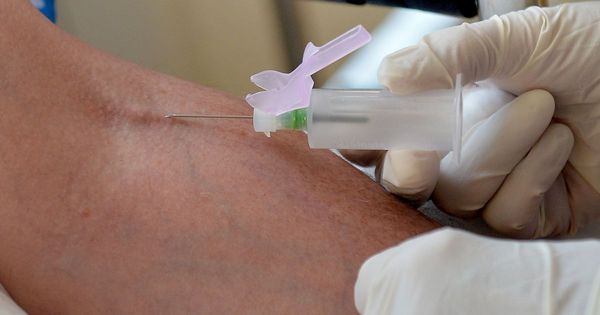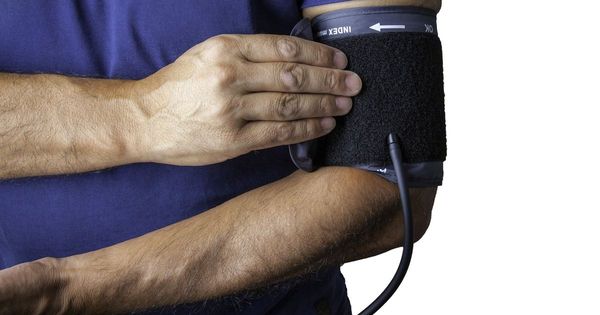
Dear Doctors: I had just started a new job when the pandemic happened. On top of the lockdowns and home-schooling our kids, I was diagnosed with IBS. My husband read there’s research that it’s caused by stress. Can you please talk about that?
Answer: IBS — irritable bowel syndrome — affects the stomach and the intestines.
IBS isn’t a disease but rather a collection of certain symptoms that can include abdominal gas, chronic bloating, constipation, diarrhea and ongoing changes to the frequency and urgency of bowel movements. Someone with IBS often has increased sensitivity to abdominal pain. Taken together, these symptoms indicate something has gone awry in the inner workings of the bowels.
IBS is seen in women more often than in men, typically arising generally under age 50. It’s fairly common, occurring in up to 15% of the population. Because the symptoms aren’t life-threatening, many people don’t take the time to get diagnosed.
Symptoms can range from mild enough to be annoying to severe enough to interfere with daily life.
Past research into the causes has focused on unresolved abdominal infections and changes to the makeup and behaviors of gut microbiome. Newer research has found evidence stress and anxiety might play a role.
That includes a study in Tokyo, published last fall, that found that mice repeatedly placed in psychologically stressful situations developed gastrointestinal symptoms consistent with IBS.
Though previous research has looked into stress as a trigger, those studies used physical situations to trigger that stress. In this latest study, the mice were put in situations that didn’t stress them physically but caused them to feel social anxiety.
During the 10-day study, the researchers found that mice placed 10 minutes each day in a socially stressful situation developed abnormally high levels of cortisone, the hormone associated with stress. The stressed mice also had changes to their bowel movements consistent with IBS and increased sensitivity to abdominal pain. These changes persisted for weeks after the study concluded. The control group of mice, which didn’t undergo any social stressors, did not have any of these physical changes.
This research doesn’t explain the gut-brain connection in IBS, but it does suggest new ways to look into the causes of the syndrome and underlines the importance of lifestyle changes for people with the condition.
You should avoid using tobacco and take steps to get quality sleep. If possible, add a stress reliever like yoga, meditation, tai chi or just a daily walk.
Dr. Eve Glazier and Dr. Elizabeth Ko are internists at UCLA Health.










